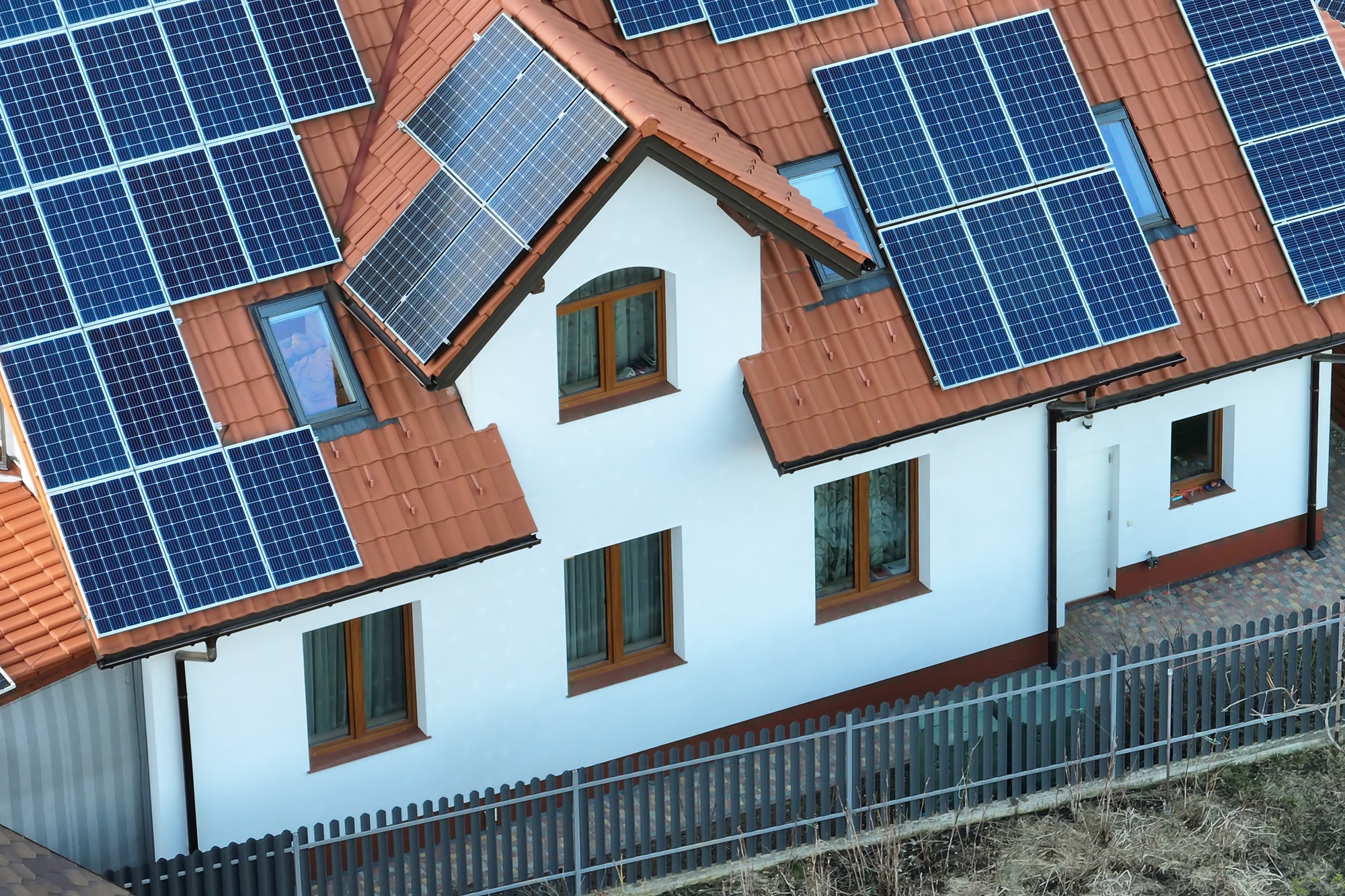Switching to solar energy is a great way to reduce electricity costs and minimise your carbon footprint. However, one of the most common questions homeowners ask is, “How many solar panels do I need for my home?” Several factors influence this number, including your energy consumption, location, and the efficiency of the solar panels.
Here’s what you need to know when considering the Best Solar Panel System in Australia.
Factors That Determine the Number of Solar Panels
1. Household Energy Consumption
The first step in determining how many solar panels you need is understanding your household’s energy usage. The average Australian home consumes around 15-25 kWh per day. By examining your electricity bill, you can estimate how much power your solar system should generate.
2. Solar Panel Efficiency
Not all solar panels produce the same amount of energy. The efficiency of solar panels plays a crucial role in determining how many panels you require. Higher efficiency panels produce more power per square metre, reducing the total number needed to generate sufficient electricity for your home. Choosing the Best Solar Panel System in Australia ensures maximum efficiency and reliability.
3. Roof Space and Orientation
The available roof space and orientation of your home also impact the number of panels you need. North-facing panels receive the most sunlight in Australia, maximising their efficiency. If your roof has limited space, you may need high-efficiency panels to meet your energy needs. Installing a solar panel system in Perth requires considering these factors for optimal performance.
4. Sunlight Availability
Your location determines the amount of sunlight your panels receive daily. For instance, Perth enjoys an abundance of sunshine, making solar panels in Perth highly effective. Homeowners in sunnier regions may require fewer panels compared to those in areas with less sunlight.
Calculating the Number of Solar Panels
A general rule of thumb is that a 6.6 kW solar system, consisting of about 18-24 panels, can cover the energy needs of an average Australian home. However, if your energy consumption is higher, you might need a larger system. Investing in the Best Solar Panel System in Australia ensures optimal energy production tailored to your needs.
Benefits of Choosing the Right Solar System
1. Reduced Energy Bills
Installing an efficient solar panel system significantly lowers electricity costs. With a well-designed Best Solar Panel System in Australia, you can generate enough power to meet most, if not all, of your household’s electricity needs.
2. Environmental Impact
Switching to solar energy reduces reliance on fossil fuels and lowers greenhouse gas emissions, making a positive impact on the environment.
3. Increased Property Value
Homes with solar power systems tend to have higher resale value, as buyers recognise the long-term financial and environmental benefits.
Conclusion
Determining how many solar panels you need depends on several factors, including energy consumption, efficiency, and location. Whether you need a solar panel system in Perth or anywhere else in the country, choosing the Best Solar Panel System in Australia ensures you get the most efficient and cost-effective solution for your home. Raf Power is here to help you make the right choice for your solar energy needs.


